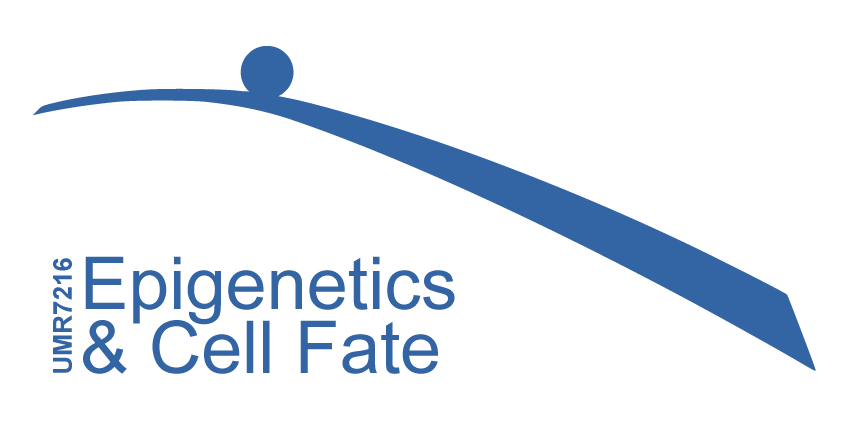EPI² Imaging Plateform
The EPI2 imaging platform is part of UMR7216 Epigenetics and Cell Fate centre.
It has several routine epifluorescence microscopes, dedicated to members of the unit, and two cutting-edge pieces of equipment open to external users: a high-throughput Operetta microscope, and a confocal LSM900 microscope equipped with a 266nm UVC laser controlled by a RappOpto module, enabling precise damage of living cells and small organoids by UVC. The optical path of this microscope has been specially adapted for the transmission of the 266nm laser, making this equipment one of the rare ones available in Europe.
If you have any questions about the use of this equipment, please contact the platform managers at epi2imaging@parisepigenetics.com.

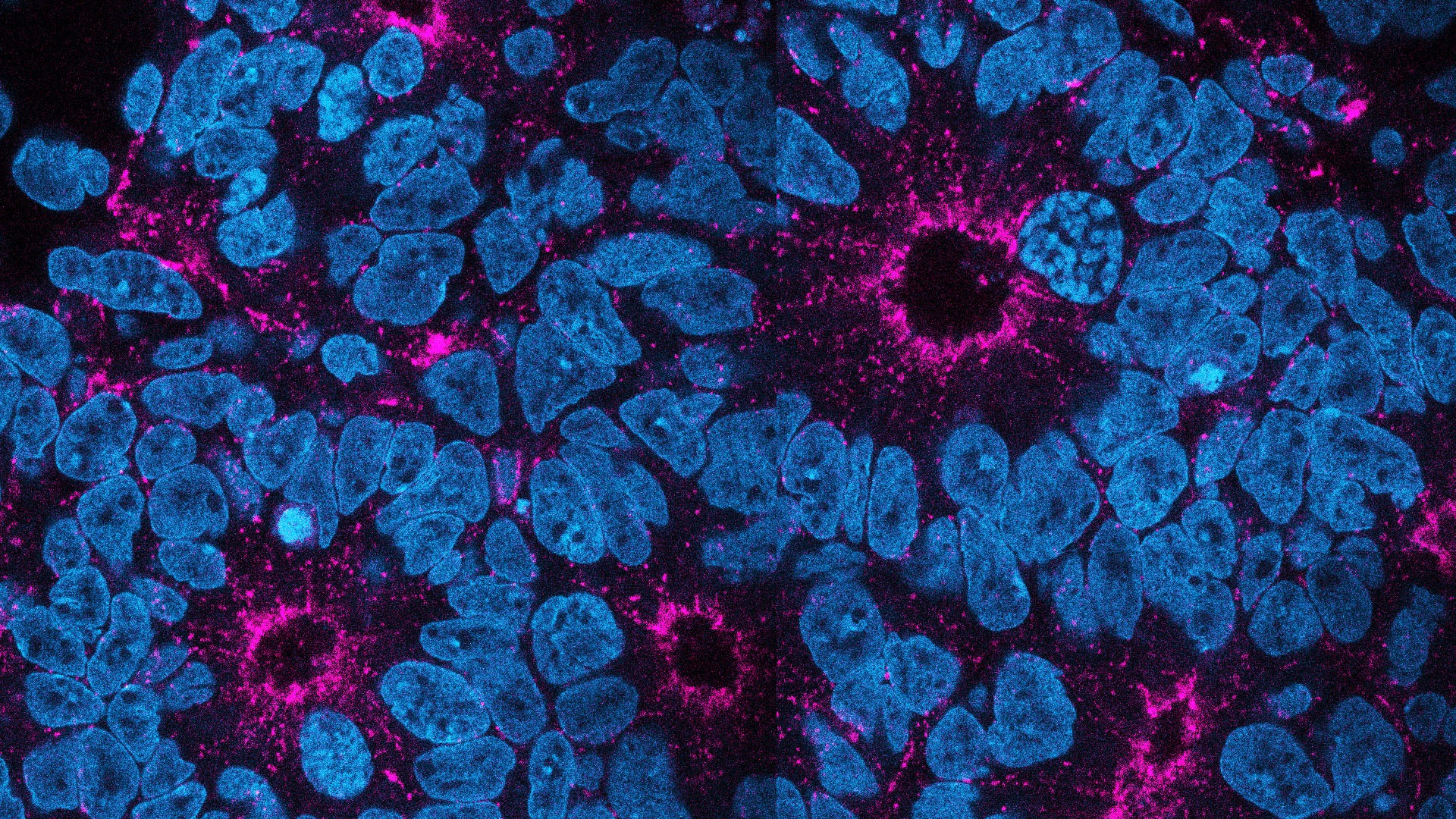
© Kevin Daupin
Missions
- Training of users and support towards autonomy
- Assistance in the preparation and observation of samples
- Assistance in image analysis
- Purchase and maintenance of equipment
- Organisation of demonstrations of new equipment
- Methodological and technological monitoring
Areas of expertise
- Wide field microscopy
- Confocal microscopy
- High throughput microscopy
- Controlled laser irradiation (UVC 266nm)
- Image analysis and automation

High-throughput microscopy
Equipment and services for high throughput microscopy

Confocal microscopy and UVC laser
A confocal microscope equipped with a controlled UVC laser is available on the platform: Description of the system.
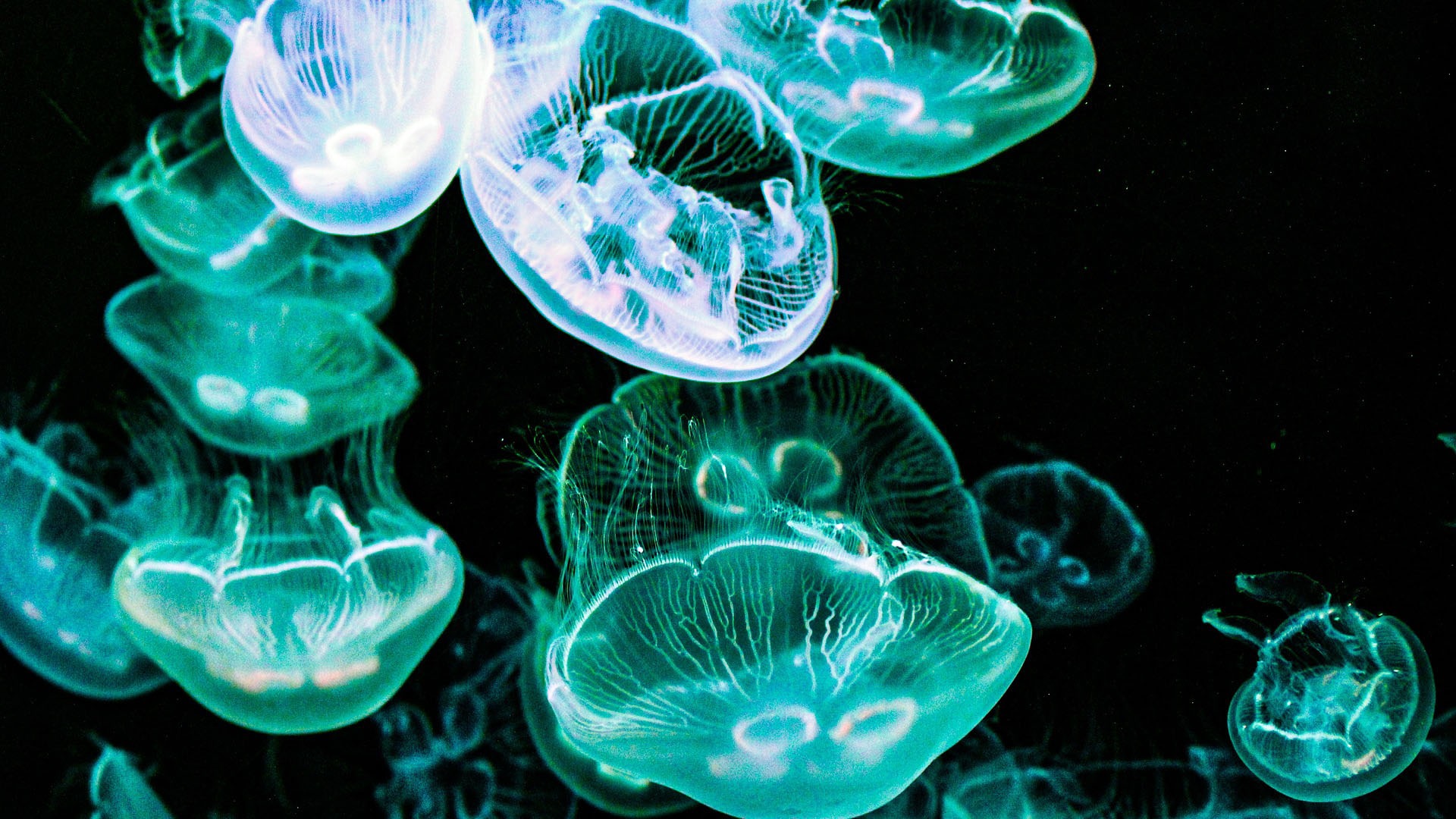
Epifluorescence microscopy
Description of the equipment available in epifluorescence and transmitted light
Members
Plateau Manager :
High Throughput Microscopy Manager :
Steering Committee :
Publications
Bogard B, Francastel C, Hubé F.
Systematic Identification and Functional Validation of New snoRNAs in Human Muscle Progenitors.
Non-Coding RNA 2021 Sep 13;7(3), 56; PMC8482216
Déborah Bouvier, Juliette Ferrand, Odile Chevallier, Michelle T Paulsen, Mats Ljungman, Sophie E Polo.
Dissecting regulatory pathways for transcription recovery following DNA damage reveals a non-canonical function of the histone chaperone HIRA.
Nat Commun 2021 Jun 22;12(1):3835; PMC8219801
Gabrielle Olley, Madapura M Pradeepa, Graeme R Grimes, Sandra Piquet, Sophie E Polo, David R FitzPatrick, Wendy A Bickmore, Charlene Boumendil.
Cornelia de Lange syndrome-associated mutations cause a DNA damage signalling and repair defect
Nat Commun 2021 May 25;12(1):3127; PMC8149872
Anna Fortuny, Audrey Chansard, Pierre Caron, Odile Chevallier, Olivier Leroy, Olivier Renaud, Sophie E Polo.
Imaging the response to DNA damage in heterochromatin domains reveals core principles of heterochromatin maintenance
Nat Commun 2021 Apr 23;12(1):2428; PMC8065061
Casanova M., Moscatelli M., Chauvière EL., Huret C., Samson J., Liyakat Ali TM., Rosspopoff O. and Rougeulle C.
A primate-specific retroviral enhancer wires the XACT lncRNA into the core pluripotency network in humans.
Nat. Commun. 2019 Dec 11;10(1):5652 ; PMC31827084
Naciri I, Laisné M, Ferry L, Bourmaud M, Gupta N, Di Carlo S, Huna A, Martin N, Peduto L, Bernard D, Kirsh O, Defossez PA.
Genetic screens reveal mechanisms for the transcriptional regulation of tissue-specific genes in normal cells and tumors.
Nucleic Acids Res. 2019 Apr 23;47(7):3407-3421; PMC6468300
Kori S, Ferry L, Matano S, Jimenji T, Kodera N, Tsusaka T, Matsumura R, Oda T, Sato M, Dohmae N, Ando T, Shinkai Y, Defossez PA, Arita K.
Structure of the UHRF1 Tandem Tudor Domain Bound to a Methylated Non-histone Protein, LIG1, Reveals Rules for Binding and Regulation.
Structure. 2019 Mar 5;27(3):485-496.e7. DOI: 10.1016/j.str.2018.11.012
Ma X, Warnier M, Raynard C, Ferrand M, Kirsh O, Defossez PA, Martin N, Bernard D.
The nuclear receptor RXRA controls cellular senescence by regulating calcium signaling.
Aging Cell. 2018 Dec;17(6):e12831. PMC6260923
Sandra Piquet, Florent Le Parc, Siau-Kun Bai, Odile Chevallier, Salomé Adam, Sophie E Polo.
The Histone Chaperone FACT Coordinates H2A.X-Dependent Signaling and Repair of DNA Damage
Mol Cell 2018 Dec 6;72(5):888-901.e7 PMC6292839
Marchal C, de Dieuleveult M, Saint-Ruf C, Guinot N, Ferry L, Olalla Saad ST, Lazarini M, Defossez PA, Miotto B.
Depletion of ZBTB38 potentiates the effects of DNA demethylating agents in cancer cells via CDKN1C mRNA up-regulation.
Oncogenesis. 2018 Oct 11;7(10):82. PMC6182000
Miotto B, Marchal C, Adelmant G, Guinot N, Xie P, Marto JA, Zhang L, Defossez PA.
Stabilization of the methyl-CpG binding protein ZBTB38 by the deubiquitinase USP9X limits the occurrence and toxicity of oxidative stress in human cells.
Nucleic Acids Res. 2018 May 18;46(9):4392-4404. PMC5961141
Furlan G., Gutierrez Hernandez N., Huret C., Galupa R., von Bemmel J., Romito A., Heard E., Morey C. and Rougeulle C.
The Ftx noncoding locus controls X chromosome inactivation independently of its RNA products.
Mol. Cell. 2018 May 3; 70:462-472. DOI: 10.1016/j.molcel.2018.03.024
Kilens S., Meistermann D., Moreno D., Chariau C., Gaignerie A., Reignier A., Lelièvre Y., Casanova M., Vallot C., Nedellec S., Flippe L., Firmin J., Song J., Charpentier E., Lammers J., Donnart A., Marec N., Deb W., Bihouée A., , Le Caignec C., Pecqueur C., Redon R., Barrière P., Bourdon J., Pasque V., Soumillon M., Mikkelsen T.S.,Rougeulle C., Fréour T. and David L.
Parallel derivation of isogenic human primed and naive induced pluripotent stem cells.
Nat. Commun. 2018 Jan 24;9(1):360. PMC5783949
Ferry L, Fournier A, Tsusaka T, Adelmant G, Shimazu T, Matano S, Kirsh O, Amouroux R, Dohmae N, Suzuki T, Filion GJ, Deng W, de Dieuleveult M, Fritsch L, Kudithipudi S, Jeltsch A, Leonhardt H, Hajkova P, Marto JA, Arita K, Shinkai Y, Defossez PA.
Methylation of DNA Ligase 1 by G9a/GLP Recruits UHRF1 to Replicating DNA and Regulates DNA Methylation.
Mol Cell. 2017 Aug 17;67(4):550-565.e5. DOI: 10.1016/j.molcel.2017.07.012
Hédouin S, Grillo G, Ivkovic I, Velasco G, Francastel C.
CENP-A chromatin disassembly in stressed and senescent murine cells.
Sci Rep. 2017 Feb 10;7:42520. PMID: 28186195
Vallot C, Patrat C, Collier AJ, Huret C, Casanova M, Liyakat Ali TM, Tosolini M, Frydman N, Heard E, Rugg-Gunn PJ, Rougeulle C.
XACT Noncoding RNA Competes with XIST in the Control of X Chromosome Activity during Human Early Development.
Cell Stem Cell. 2017 Jan 5;20(1):102-111. PMID: 27989768
Roussel-Gervais A, Naciri I, Kirsh O, Kasprzyk L, Velasco G, Grillo G, Dubus P, Defossez PA.
Loss of the methyl-CpG binding protein ZBTB4 alters mitotic checkpoint, increases aneuploidy and promotes tumorigenesis .
Cancer Res . 2016 Nov; pii: canres.1181. PMID: 27815388
Beyer S, Pontis J, Schirwis E, Battisti V, Rudolf A, Le Grand F, Ait-Si-Ali S.
Canonical Wnt signalling regulates nuclear export of Setdb1 during skeletal muscle terminal differentiation.
Cell Discov. 2016 Oct 18;2:16037. PMID: 27790377
Adam S, Dabin J, Chevallier O, Leroy O, Baldeyron C, Corpet A, Lomonte P, Renaud O, Almouzni G, Polo SE.
Real-Time Tracking of Parental Histones Reveals Their Contribution to Chromatin Integrity Following DNA Damage.
Mol Cell. 2016 Oct 6;64(1):65-78. PMID: 27642047
Cantone I, Bagci H, Dormann D, Dharmalingam G, Nesterova T, Brockdorff N,Rougeulle C, Vallot C, Heard E, Chaligne R, Merkenschlager M, Fisher AG.
Ordered chromatin changes and human X chromosome reactivation by cell fusion-mediated pluripotent reprogramming.
Nat Commun. 2016 Aug 10;7:12354. PMID: 27507283
Battisti V, Pontis J, Boyarchuk E, Fritsch L, Robin P, Ait-Si-Ali S, Joliot V.
Unexpected Distinct Roles of the Related Histone H3 Lysine 9 Methyltransferases G9a and G9a-Like Protein in Myoblasts.
J Mol Biol. 2016 Jun 5;428(11):2329-43. PMID: 27056598
Marsolier J, Perichon M, DeBarry JD, Villoutreix BO, Chluba J, Lopez T,
Garrido C, Zhou XZ, Lu KP, Fritsch L, Ait-Si-Ali S, Mhadhbi M, Medjkane S, Weitzman JB.
Theileria parasites secrete a prolyl isomerase to maintain hostb leukocyte transformation.
Nature. 2015 Apr 16;520(7547):378-82. PMID: 25624101
Vallot C, Ouimette JF, Makhlouf M, Féraud O, Pontis J, Côme J, Martinat C, Bennaceur-Griscelli A, Lalande M, Rougeulle C.
Erosion of X Chromosome Inactivation in Human Pluripotent Cells Initiates with XACT Coating and Depends on a Specific Heterochromatin Landscape.
Cell Stem Cell. 2015 May 7;16(5):533-46. PMID: 25921272
Makhlouf M, Ouimette JF, Oldfield A, Navarro P, Neuillet D, Rougeulle C.
A prominent and conserved role for YY1 in Xist transcriptional activation.
Nat Commun. 2014 Sep 11;5:4878. PMID: 25209548
Miotto B, Chibi M, Xie P, Koundrioukoff S, Moolman-Smook H, Pugh D, Debatisse M, He F, Zhang L, Defossez PA.
The RBBP6/ZBTB38/MCM10 axis regulates DNA replication and common fragile site stability.
Cell Rep. 2014 Apr 24;7(2):575-87. PMID: 24726359
Vallot C, Huret C, Lesecque Y, Resch A, Oudrhiri N, Bennaceur-Griscelli A, Duret L, Rougeulle C.
XACT, a long noncoding transcript coating the active X chromosome in human pluripotent cells.
Nat Genet. 2013 Mar;45(3):239-41. PMID: 23334669
Contact
Sandra Piquet, M.Sc
Epigenetics and Cellular Fate Centre
CNRS UMR7216 – Université Paris Cité
Lamarck B, 4th floor, room 413
35, rue Hélène Brion
75205 Paris Cedex 13
Tel: 33 (0)1 57 27 89 81
Fax : 33 (0)1 57 27 89 11
Email: sandra.piquet@u-paris.fr
High Throughput :
Room RB70
Confocal :
Room RB71
Epifluorescence :
Room 425
Read more
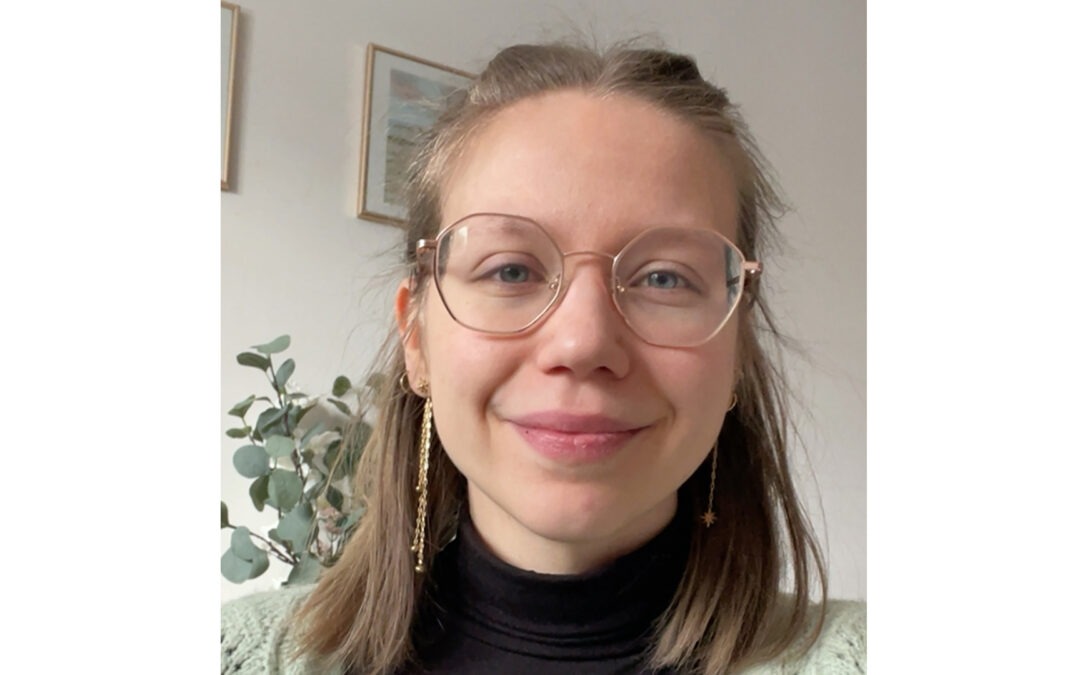
Welcome to Léa
Léa joins the team as a research assistant. After completing a master's degree in virology, she worked in Strasbourg on grapevine viruses, then on characterizing mRNA degradation in plants at the Institute of Plant Molecular Biology (IBMP). In the Polo team, Léa will...

Sophie Polo receives an Impulscience® grant from the Fondation Bettencourt Schueller
Sophie Polo has been awarded an Impulscience® grant to fund a research project on the establishment and maintenance of the inactive X chromosome in response to DNA breaks. This is wonderful news for the lab ! We thank the Fondation Bettencourt Schueller for their...

Welcome to Léa, new engineer in the team!
Léa joins the lab as a research assistant. She holds a Master's degree in Molecular and Cellular Biology from Sorbonne University. She will contribute to investigate DNA methylation maintenance mechanisms in response to UV damage in mammalian cells. Léa Girard À lire...
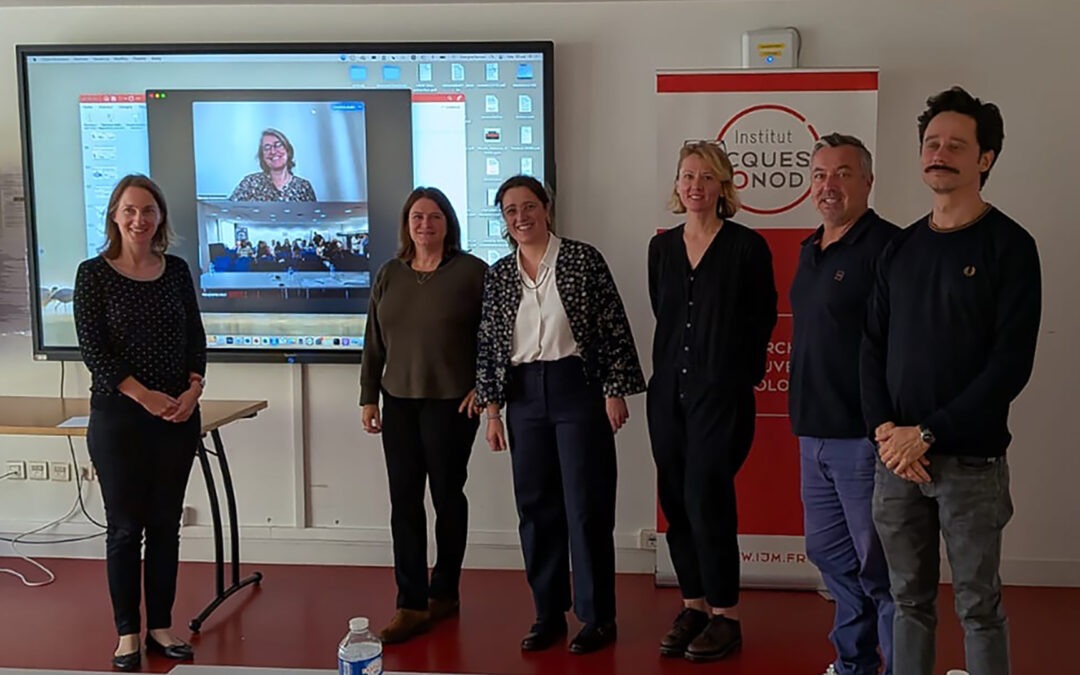
Well done, Dr Mori!
Margherita successfully defended her PhD on DNA methylation maintenance in response to UV damage. Brava! Margherita and her thesis jury. From left to right: Sophie Polo, Sandra Duharcourt (on screen), Déborah Bourc'his, Margherita Mori, Nataliya Petryk, Jean Molinier,...
